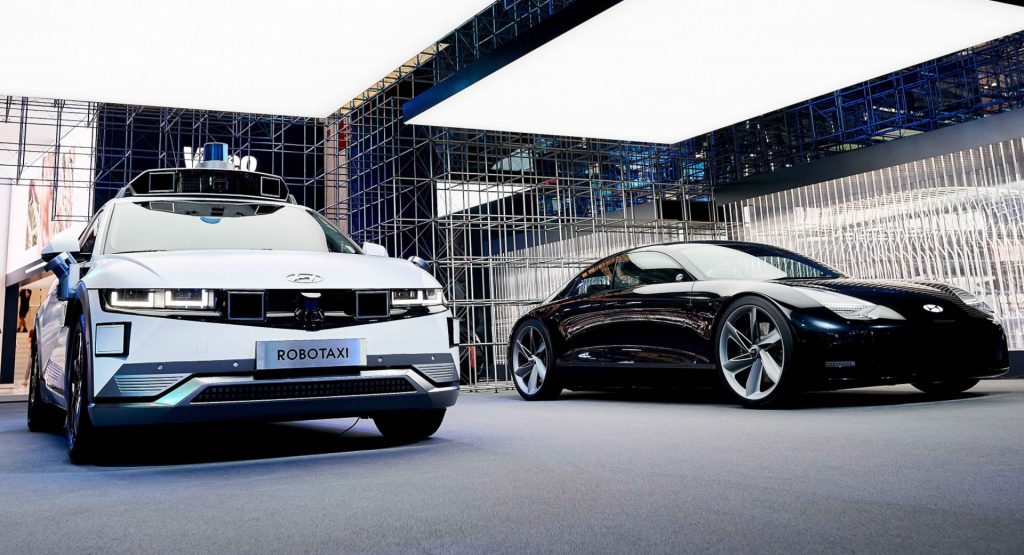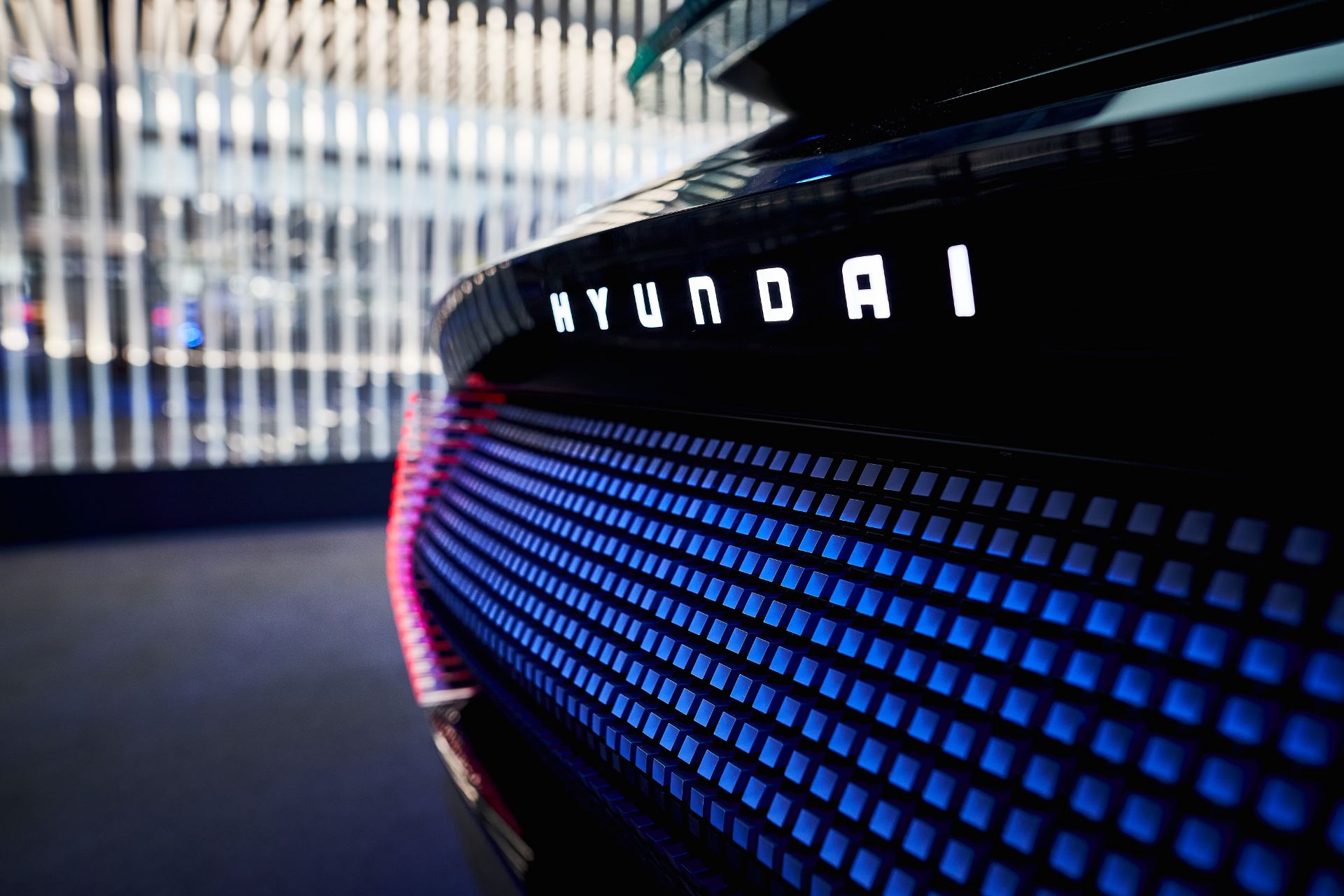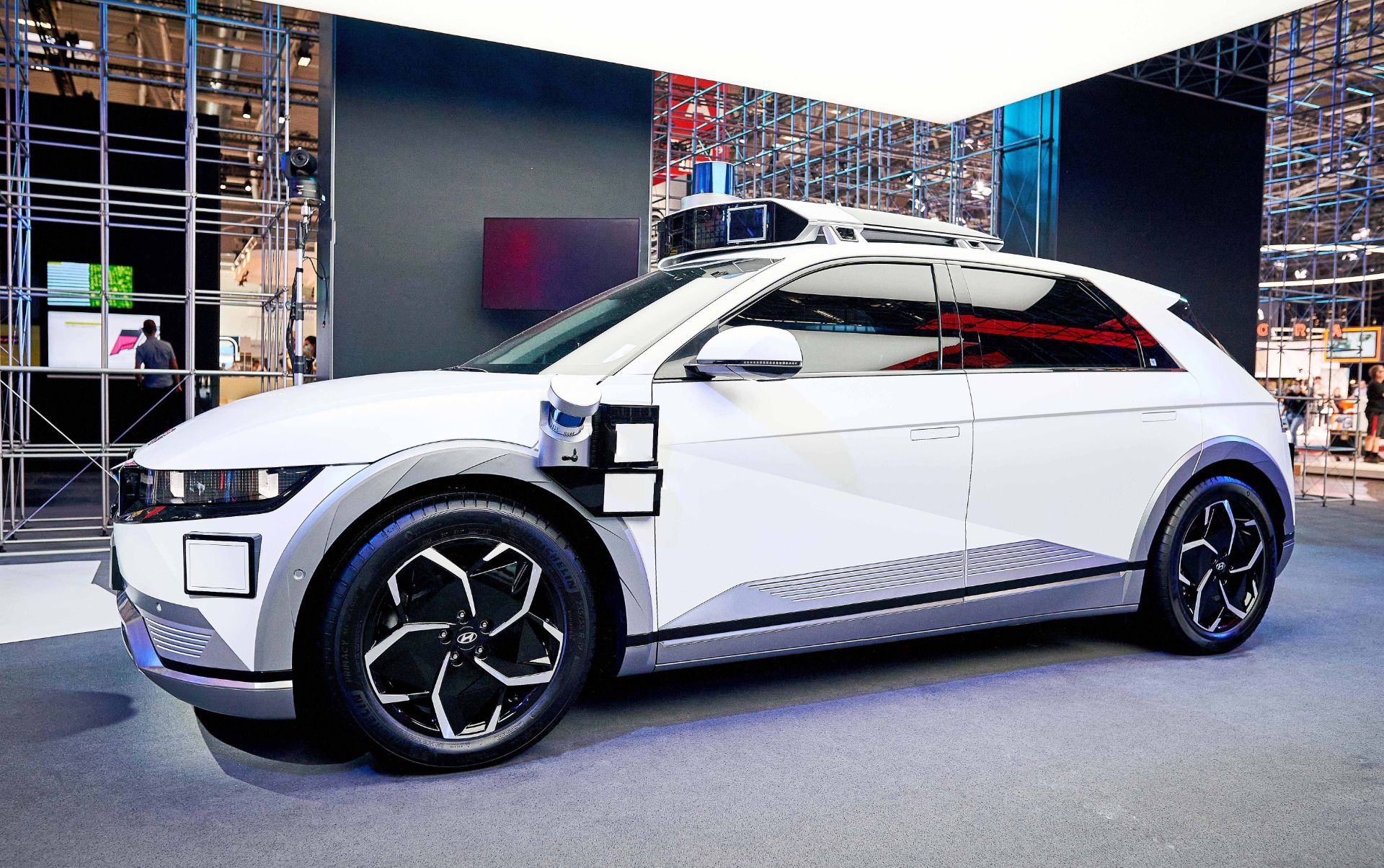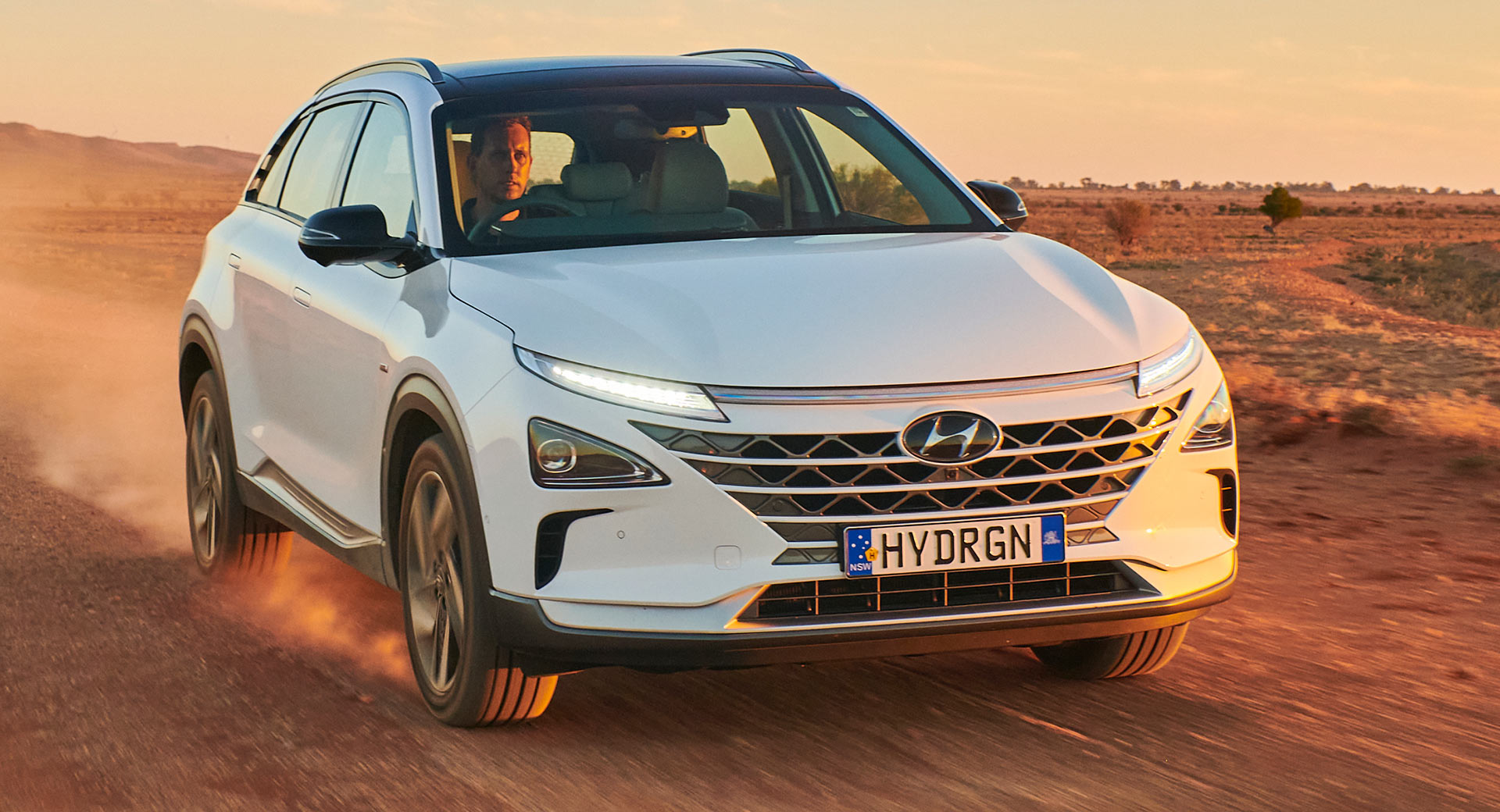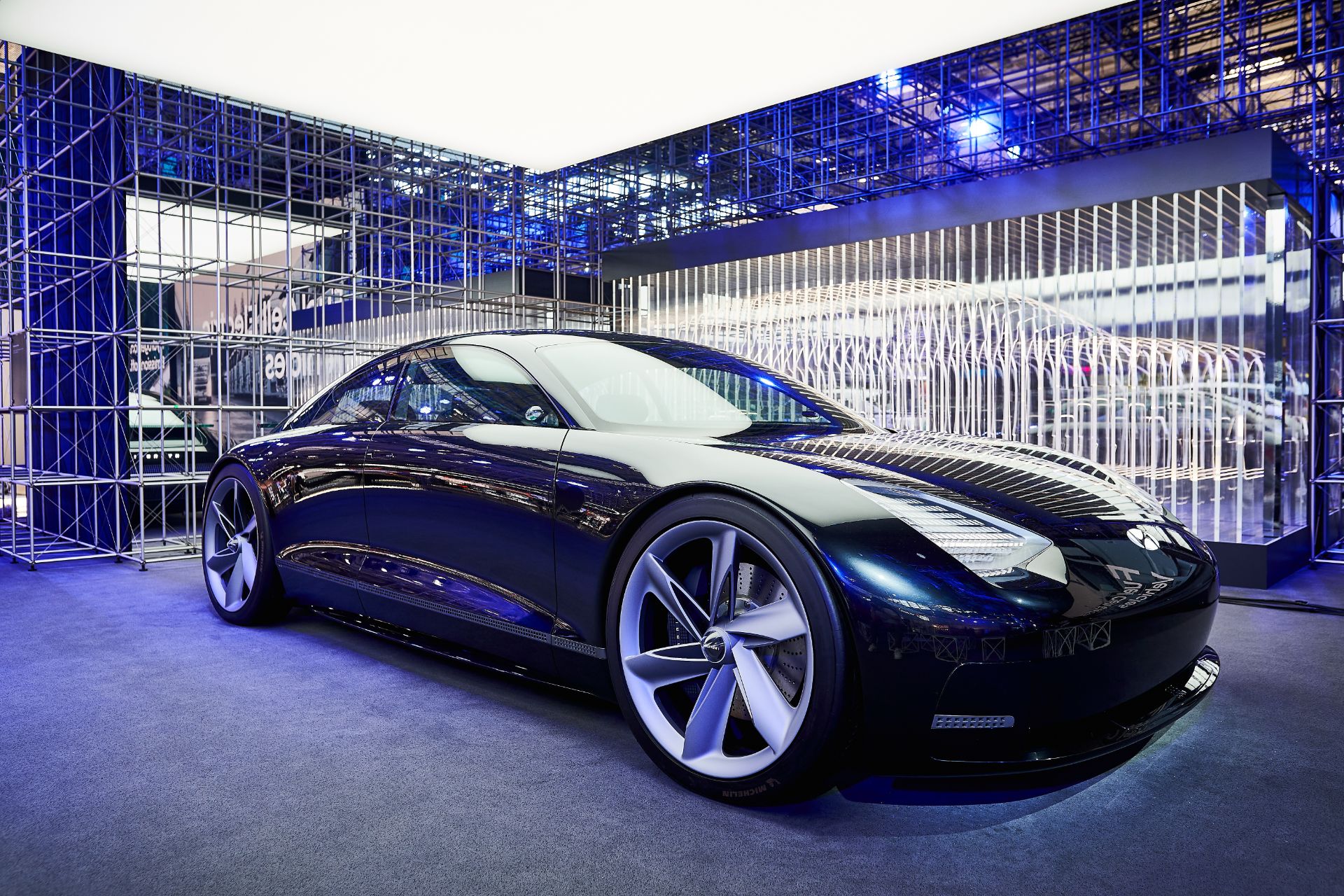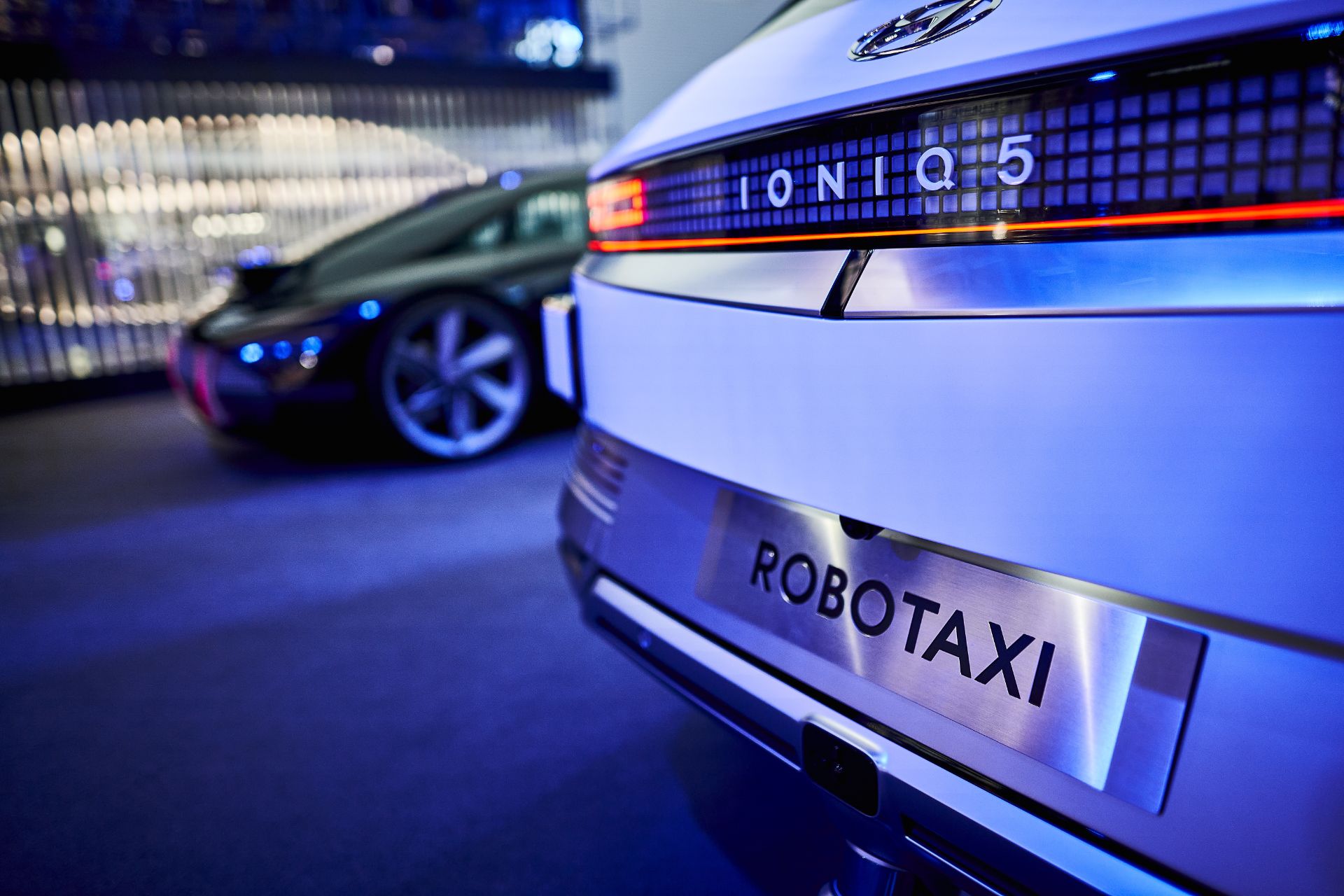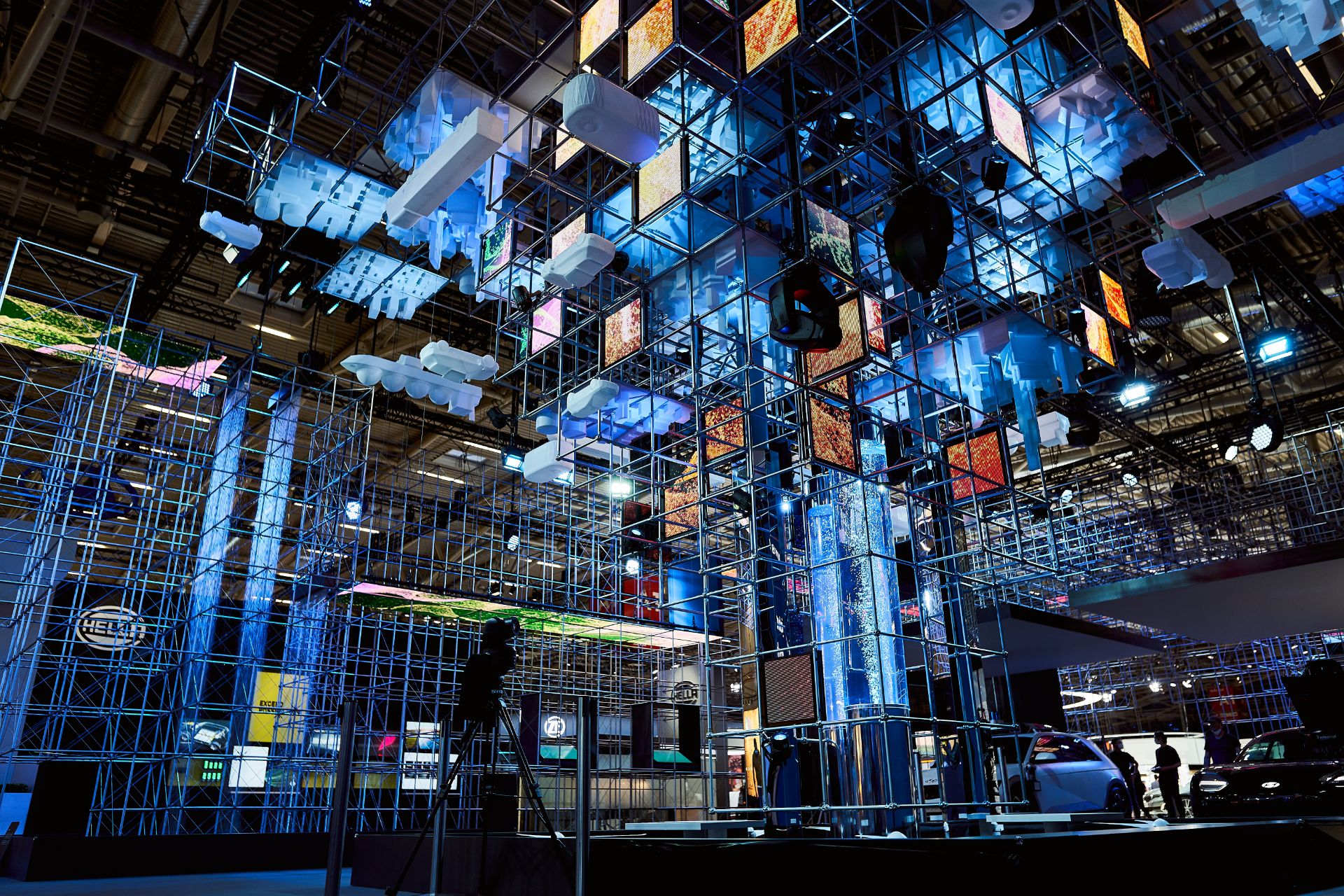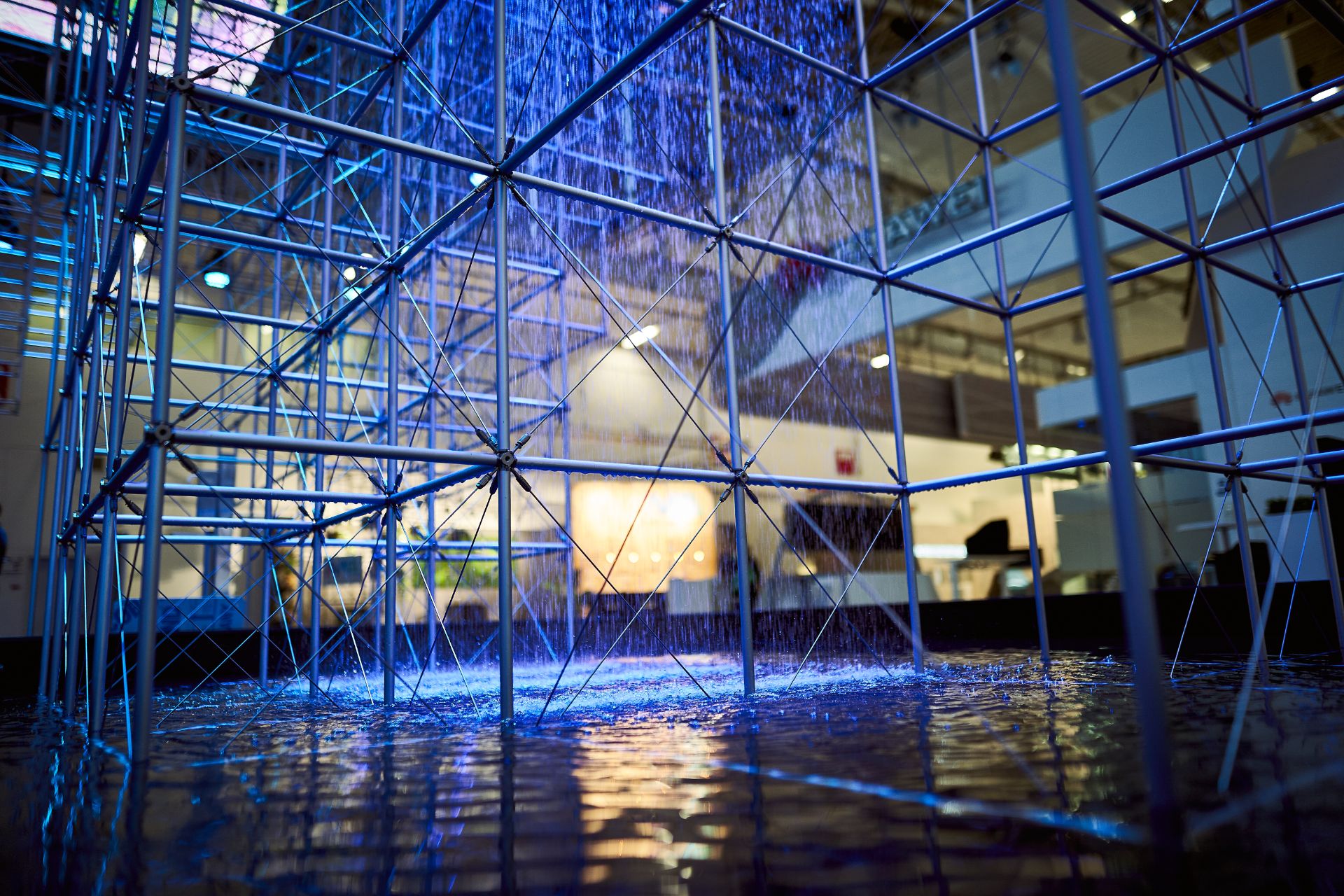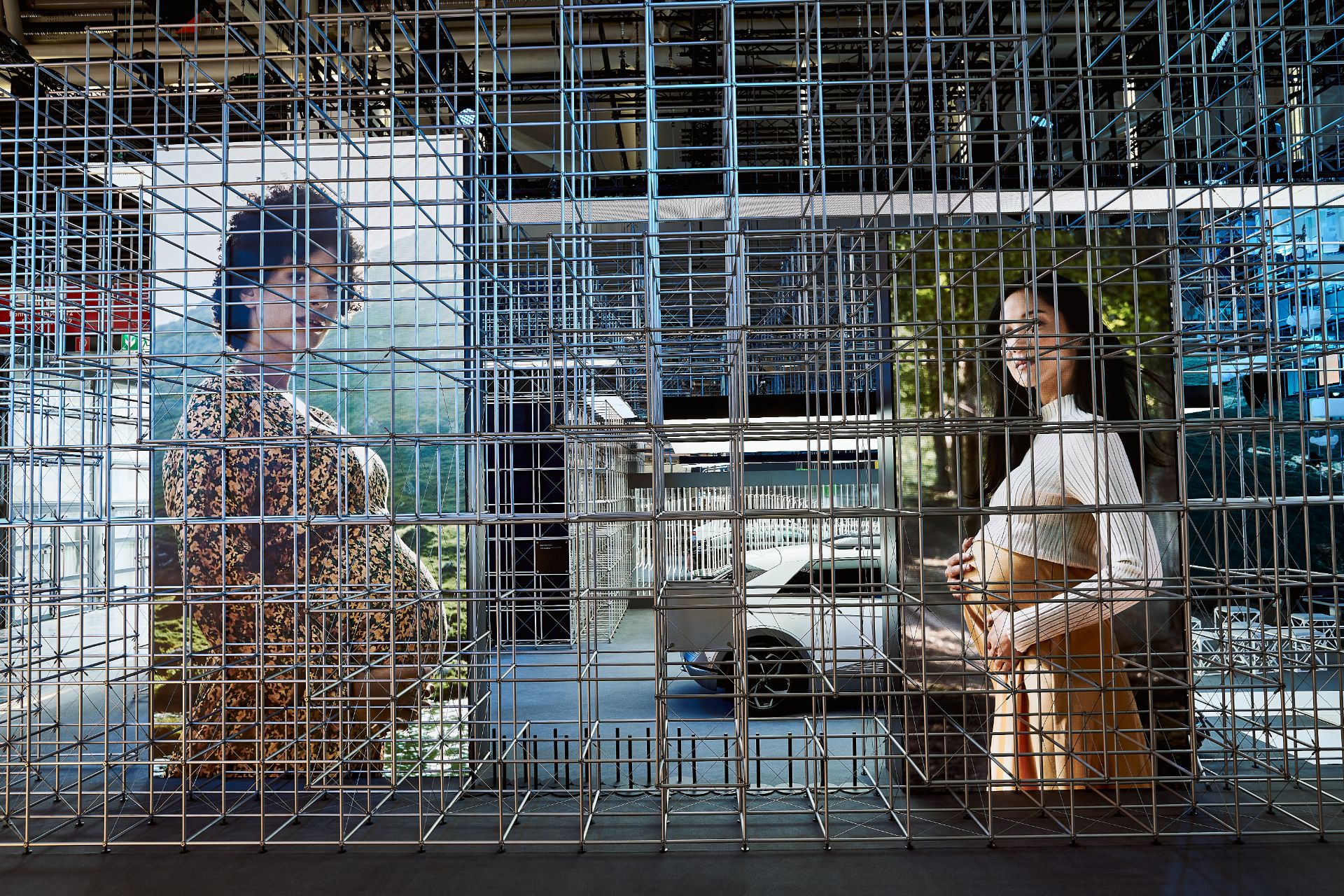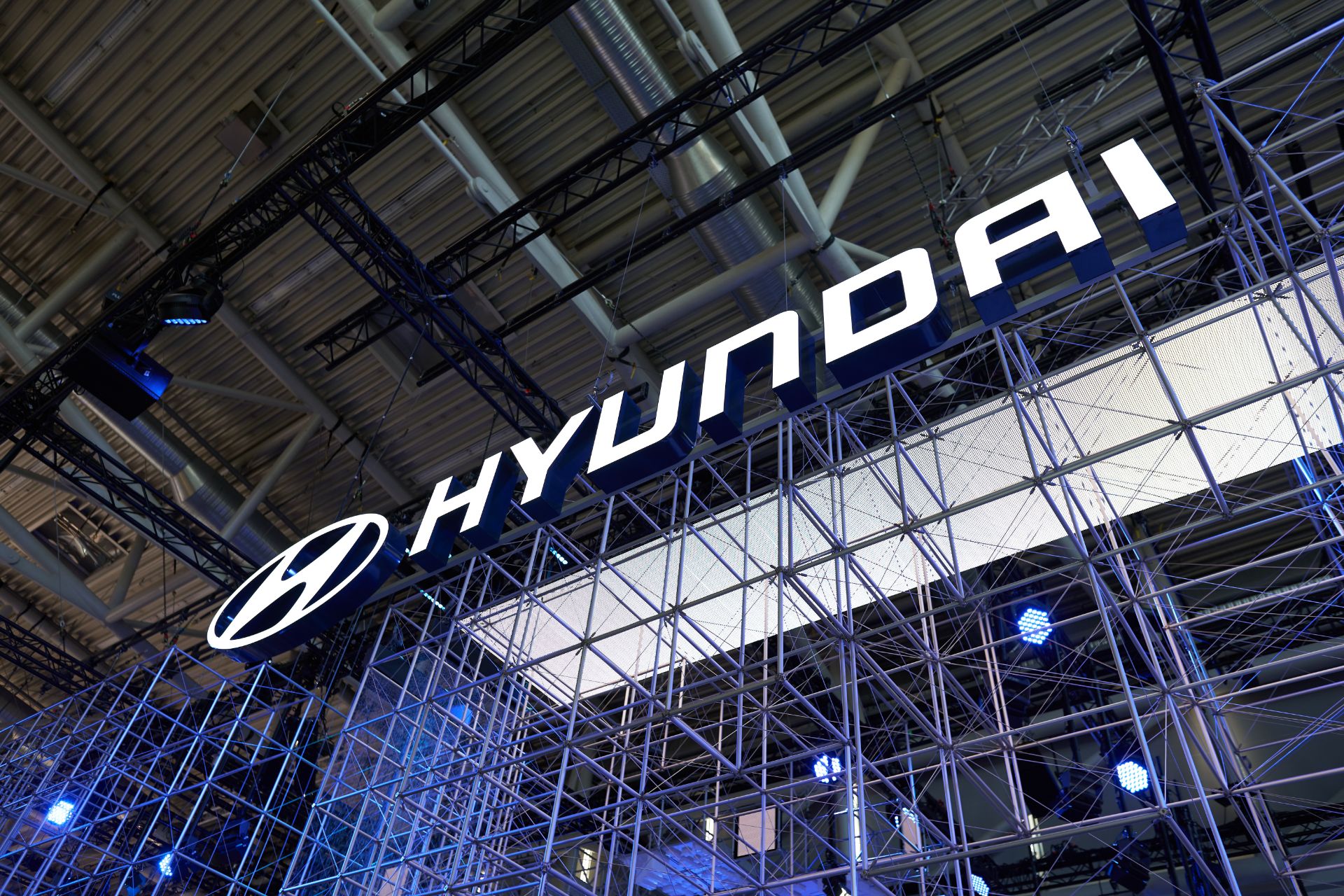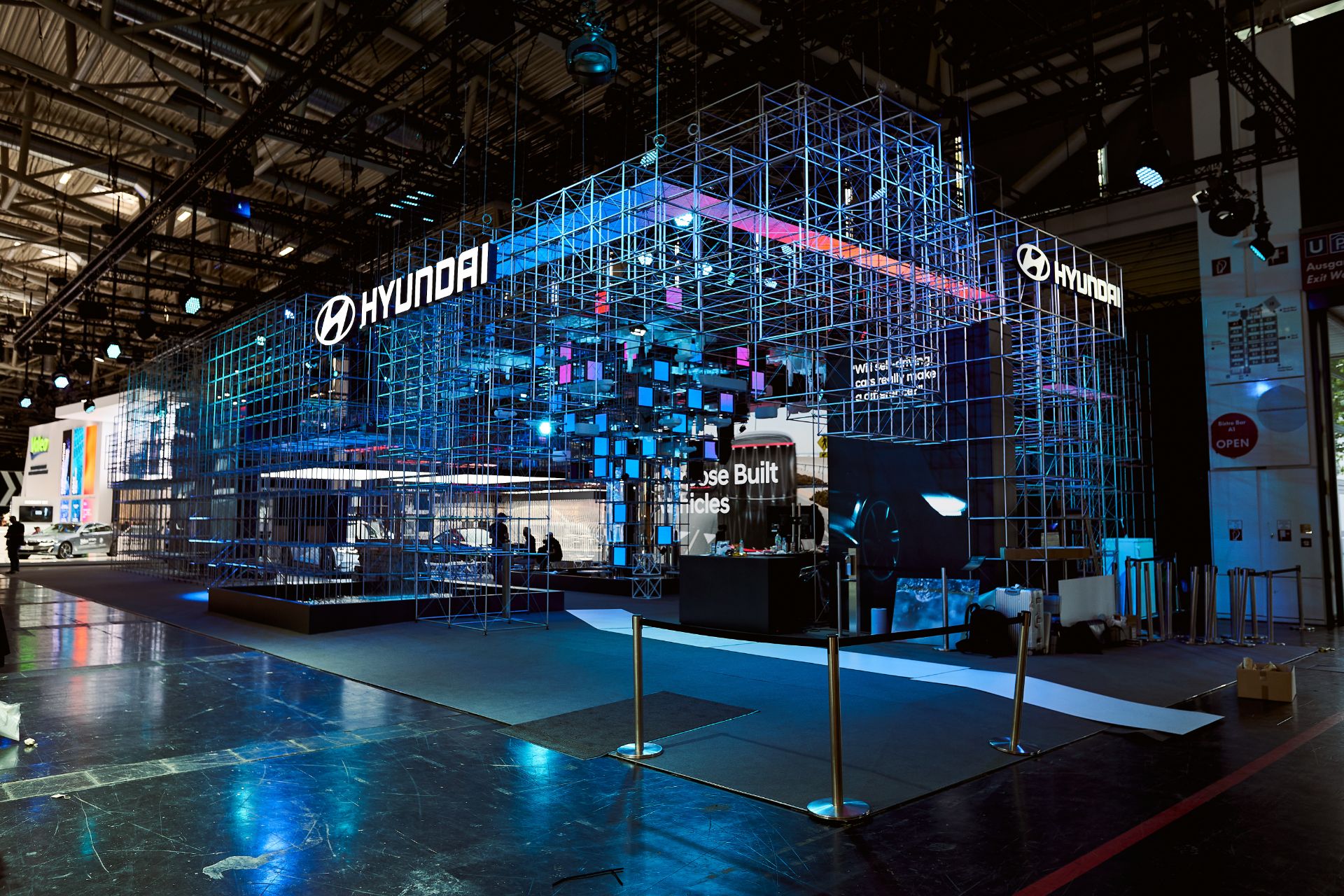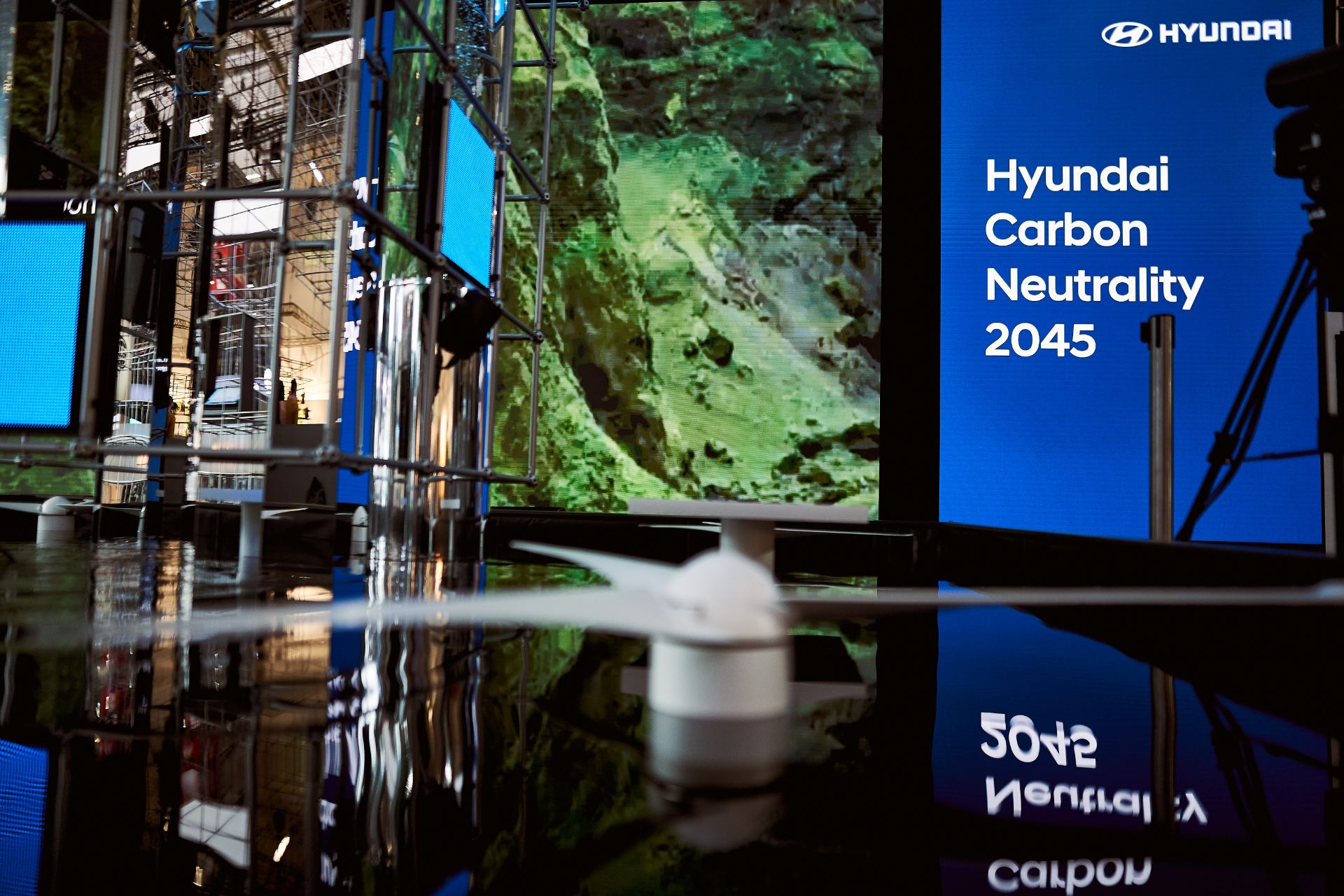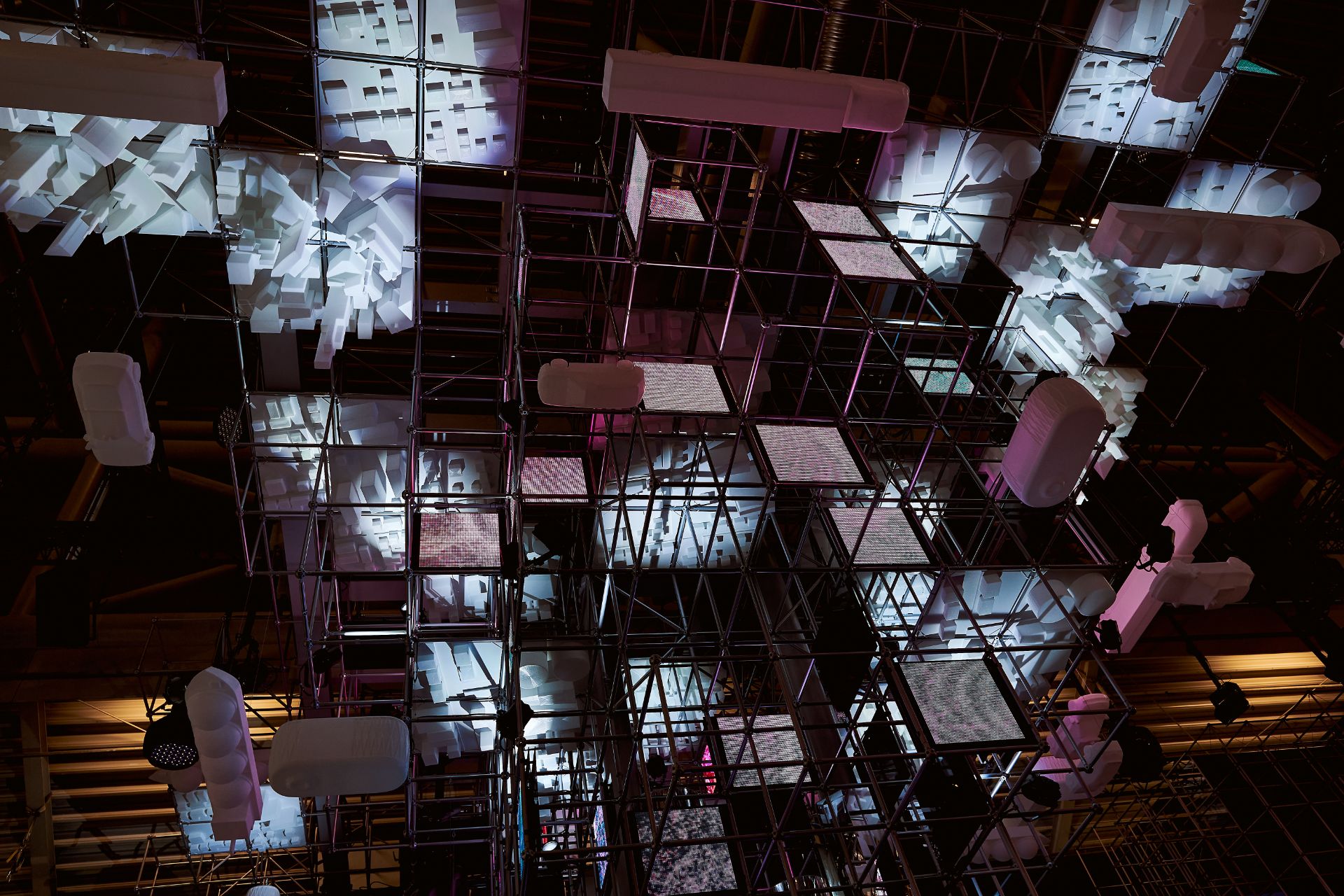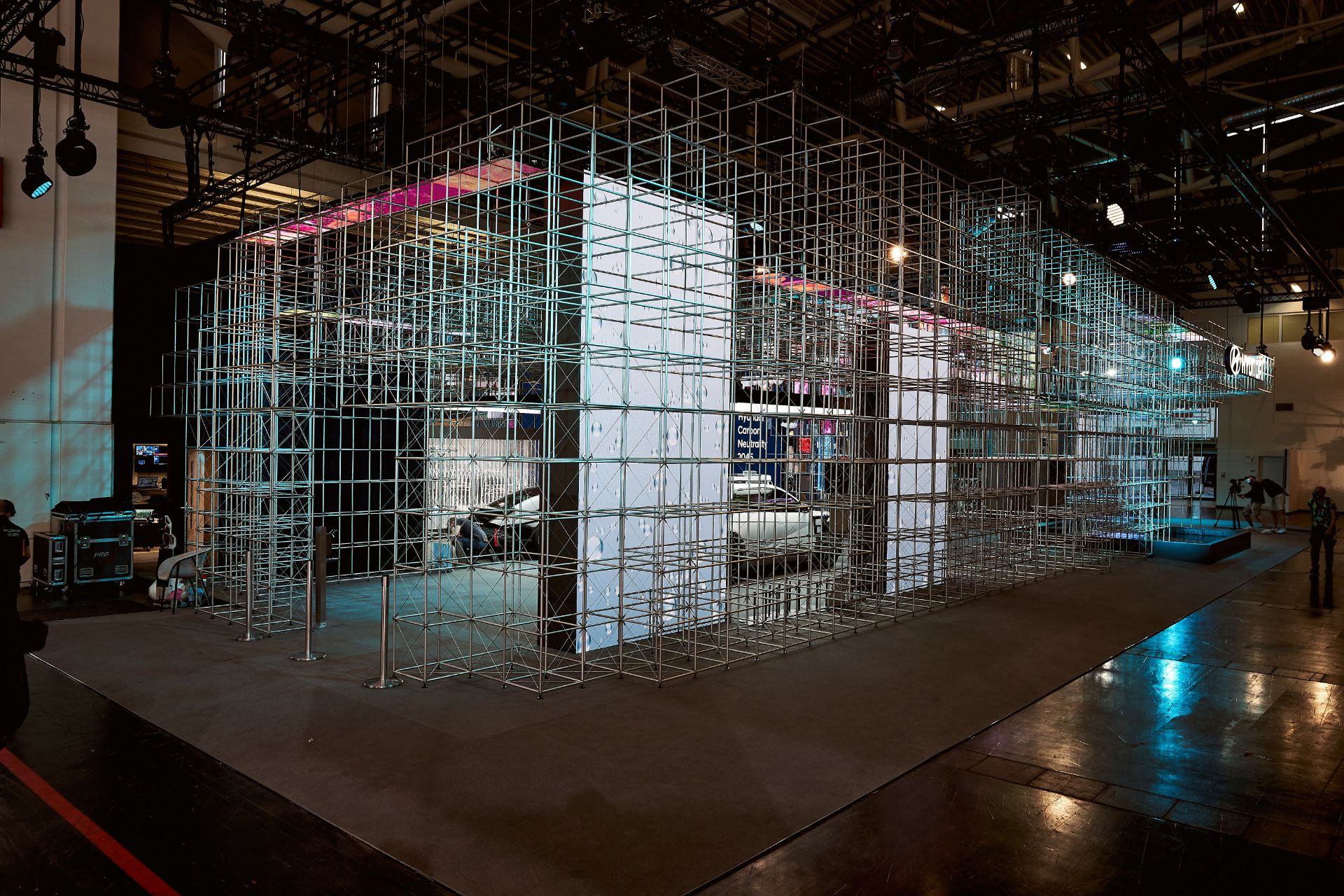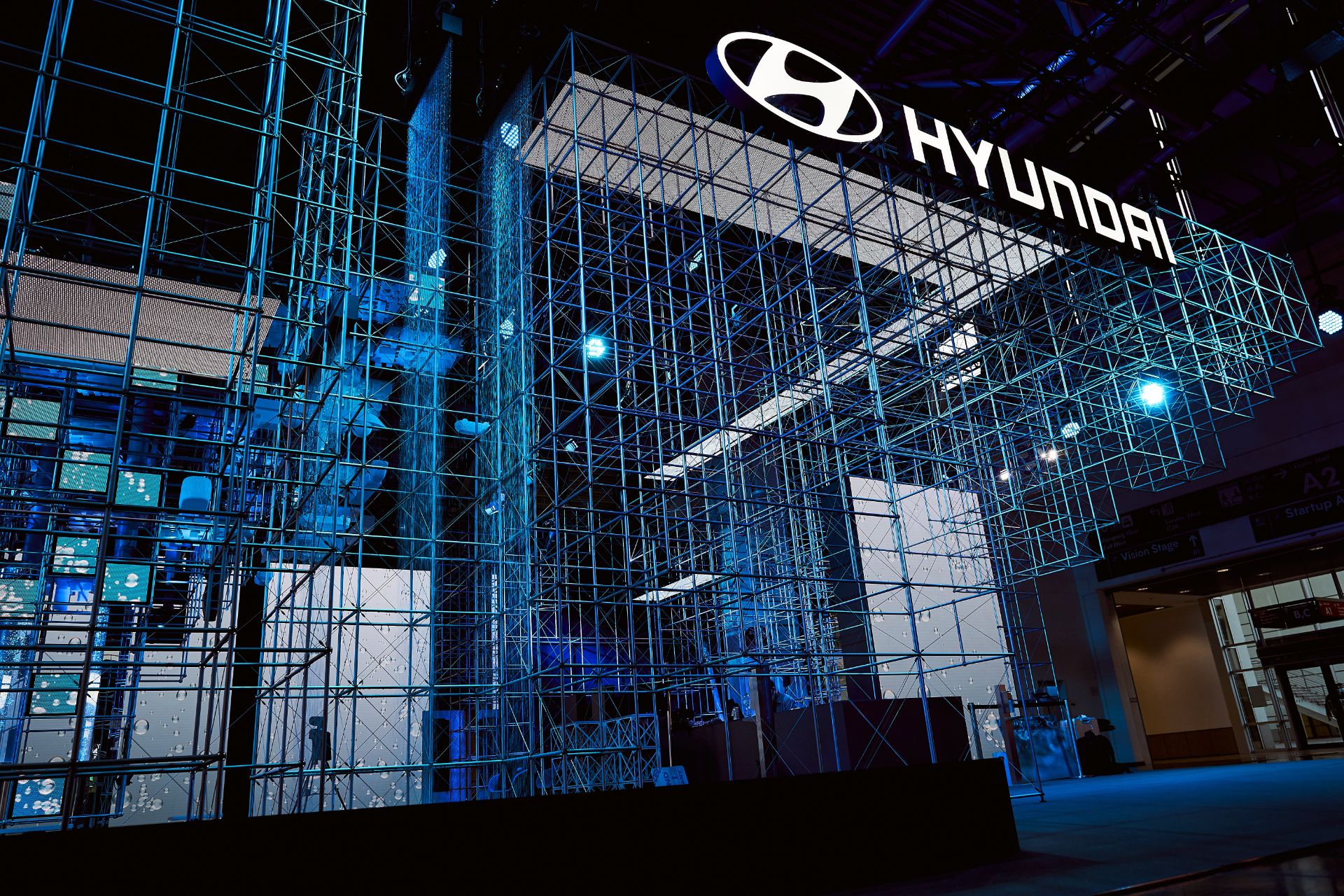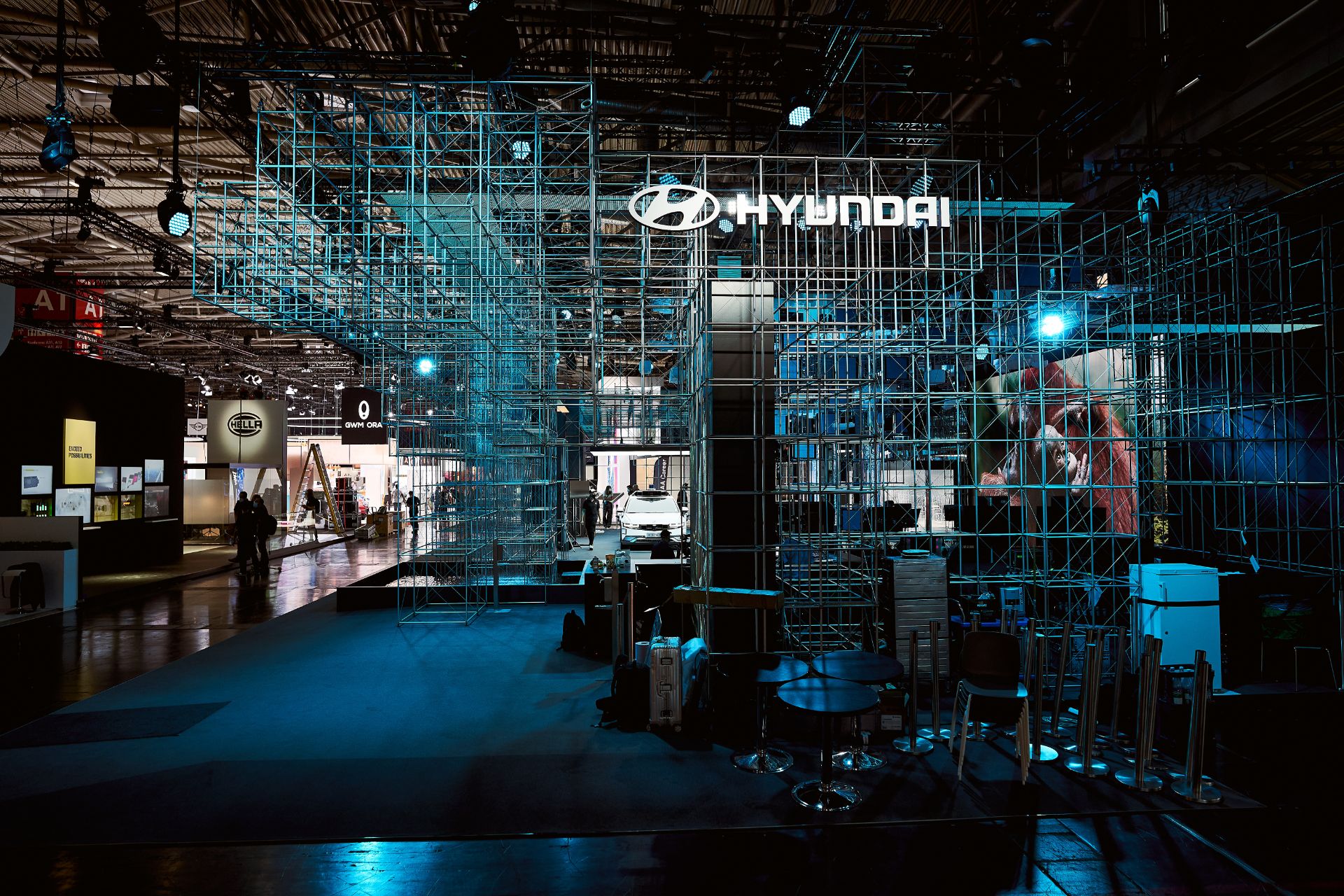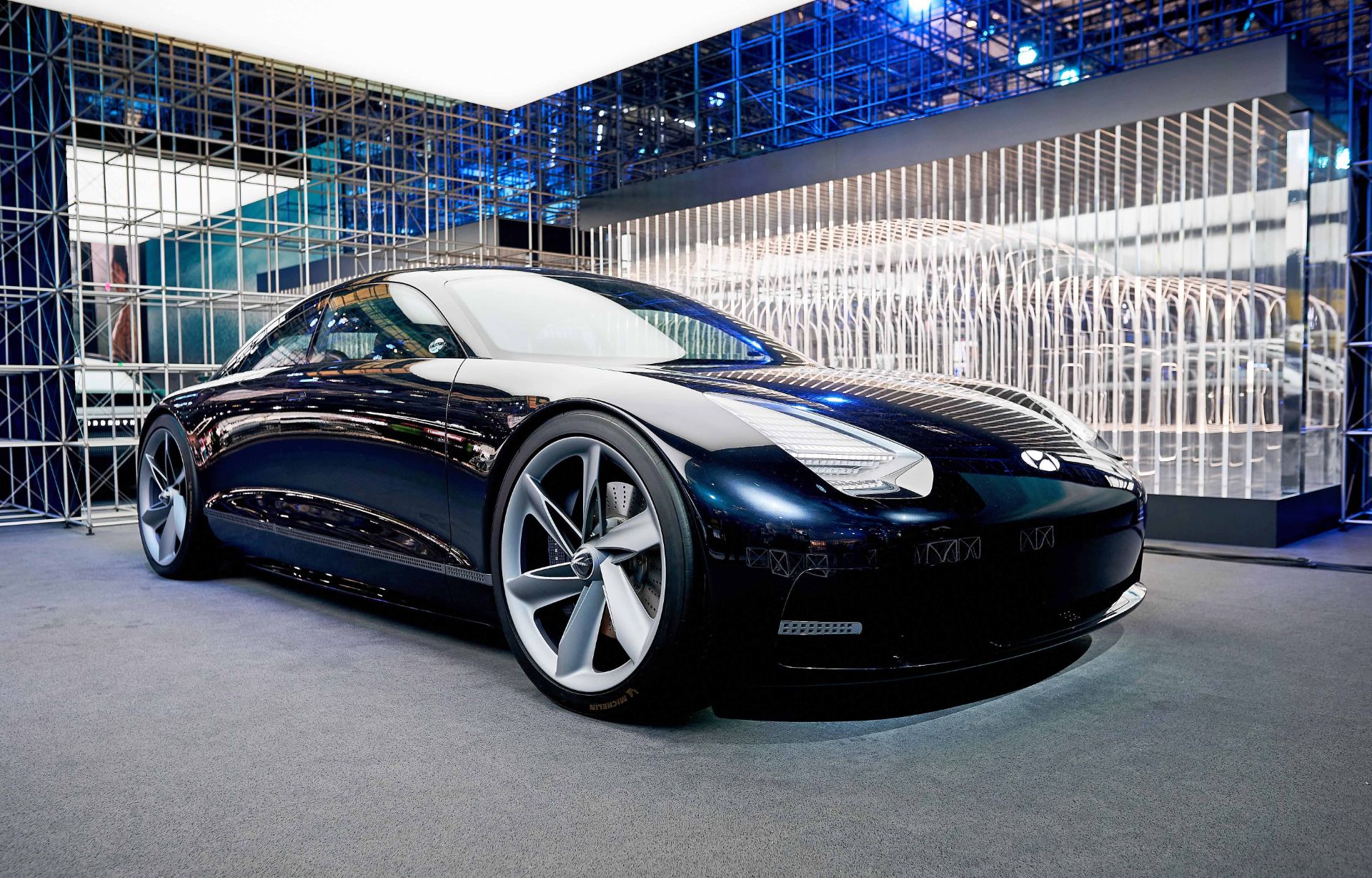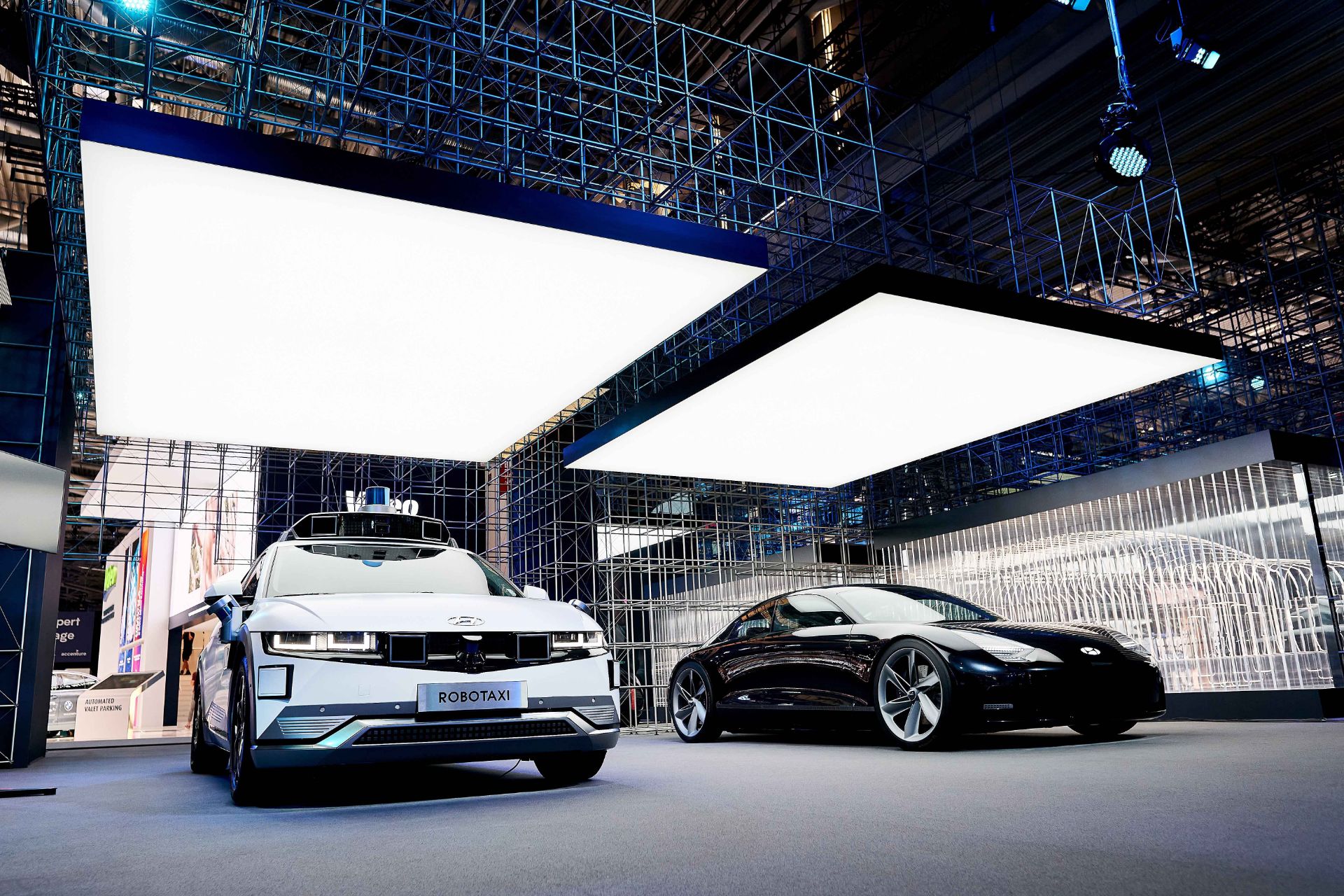At the 2021 IAA Mobility Show, Hyundai announced its goal to become carbon neutral by 2045. The Korean automaker will terminate sales of ICE-powered vehicles in Europe starting from 2035, while zero-emission vehicles (BEVs and FCEVs) will account for 80 percent of its global fleet sales by 2040.
The future of Hyundai will be focused on clean mobility, next-generation platforms, and green energy. The company has committed that by 2040, its carbon emissions will be reduced by 75 percent compared to the 2019 levels, before achieving carbon neutrality by 2045.
See Also: Hyundai Confirms Specs For Ioniq 6 Sedan And Ioniq 7 SUV
The first step is to gradually increase sales of zero-emission vehicles (ZEV) which includes both BEV (battery-electric) and FCEV (fuel cell) models. Those will account for 30 percent of Hyundai’s global sales by 2030 and 80 percent of its total fleet sales by 2040. By 2035, Hyundai will only offer BEVs and FCEVs in Europe, while by 2040, vehicles using fossil fuels will be phased out in all major markets.
After the fully electric Ioniq 5 which debuted earlier this year sitting on the dedicated E-GMP platform, Hyundai will unveil the Ioniq 6 sedan and the Ioniq 7 SUV, both offering over 300 miles of range. Besides the E-GMP, Hyundai is already working on next-generation platforms which will offer advanced autonomous driving functions.
See Also: Hyundai Ioniq 5 Robotaxis With Level 4 Autonomous Tech Coming To Lyft In 2023
Hyundai has more than 20 years of experience in hydrogen fuel cell technology and plans on expanding its fuel cell powertrains “to all types of mobility fleets and other areas of life”. Besides the Nexo (2018) SUV, Hyundai is offering the mass-produced Xcient Fuel Cell (2020) heavy-duty truck, while the Elec City Fuel Cell bus (2021) is in currently on testing phase in Europe.
In 2023, Hyundai will launch the new generation Nexo together with an MPV using FCEV technology. After 2025, another fuel-cell model will follow in the form of an SUV. The company has also invested in global startups in the field of green hydrogen and plans on establishing infrastructures in countries “with strong government support and abundant renewable energy sources”.
Supporting the goal for green energy, Hyundai will use renewable energy for its production facilities. Its Czech plant will be the first to convert in 2022, while 90 percent of its global operations by 2040 will use renewable energy. Last but not least, Hyundai will integrate vehicle-to-grid technology in its future BEV models, and is investing in Second Life Battery Energy Storage System with the first applications starting in Germany from next year.
Besides cars, Hyundai is also actively working on flying vehicles as demonstrated by the Urban Air Mobility (UAM) S-A1 concept in 2020. The first fully electric UAM designed for intra-city operations will launch in 2028, and another flying vehicle for connecting adjacent cities will follow in the 2030s.
Jaehoon Chang, President, and CEO of Hyundai Motor Company said: “Under our company’s vision, Progress for Humanity, Hyundai Motor is determined to do the right thing for the world. Climate change is an undeniable challenge that needs everyone’s utmost and urgent attention. Hyundai Motor commits to become carbon neutral in its global products and operations by 2045, and we will make investments in cleaner transportation and greener energy solutions to achieve a better and more sustainable future for all.”
The full range of Hyundai’s electrified range will be showcased in the 2021 IAA Mobility Show, including the Ioniq 5 robotaxi and the Prophecy concept previewing the upcoming Ioniq 6. From September 6th to 12th, visitors of the IAA in Munich will be able to use Hyundai’s Blue Lane service, with Ioniq 5, Nexo, Kona EV, and Elec City Fuel Cell bus taking them to various locations of the event.








